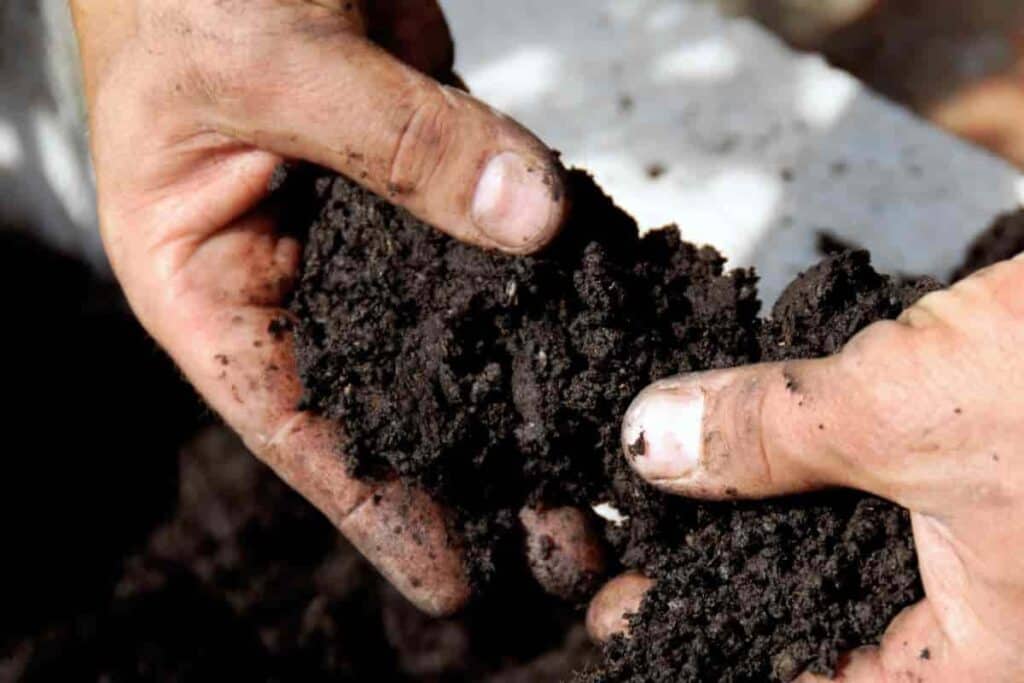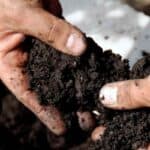The major reason for cultivating soil is to kill weed seedlings around desirable plants. It also enables us to mix compost, manures, and fertilizers into the soil.
It breaks soil crusts, facilitating water to penetrate deep into the ground, and aids in controlling soil-inhabiting insects.

But cultivation also has a detrimental effect on the soil and should not be practiced indiscriminately.
Recent studies, contrary to popular belief, show that cultivation hastens rather than retards moisture loss from the soil.
Evaporation Of Precious Moisture
It is common knowledge that gravity pulls rain or irrigation water deep into the ground, and that moisture is returned by capillary action to the upper soil layer where roots can reach it.
It is not generally realized that moisture rises and stops when it reaches the open or loose cultivated soil.
More moisture-laden soil particles are exposed to air when we cultivate than when we leave the soil surface undisturbed. Evaporation of precious moisture is thereby increased by cultivation.
A mulch, it is found, cuts down the evaporation of moisture from the soil surface much more effectively. Unfortunately, it also keeps down weeds and promotes water penetration into the soil.
It would seem logical, therefore, to avoid cultivating and resort exclusively to mulching. But, before jumping to this conclusion, we must weigh the pros and cons of cultivation.
Advantages Of Cultivation
- Cultivating is the only efficient means of eliminating bad weed infestations in gardens. Weed killers are too risky to use close to valuable plants, and some weeds grow despite mulching.
- Cultivating breaks the soil crust and allows water to penetrate the soil.
- Cultivation before planting or sowing seeds enables the tender young roots of plants to search out nutrients and moisture easily.
- It aerates the soil. Aeration is necessary for proper bacterial action in the soil.
- It enables us to incorporate manures, fertilizers, and soil conditioners.
- It is necessary when applying chemicals to kill soil insects and diseases.
- Cultivating makes gardens attractive—an important consideration.
Disadvantages of Cultivation
- Careless cultivating may severely injure plant roots, some plants being more susceptible to damage than others.
- Especially during hot weather, cultivation increases evaporation and causes moisture loss from the soil.
- Cultivation often damages soil structure, especially when heavy power equipment is used frequently.
The soil below the cultivated layer may become compacted, impeding the movement of moisture and soil nutrients and cutting off air needed by soil bacteria.
Solution For Soil Cultivation
After weighing the pros and cons of soil cultivation, the solution for you will, in all probability, be to cultivate only when:
- Absolutely necessary
- Incorporating fertilizers, manures, and the like in spring and fall, if at all possible
- Mulching rather than cultivating during the summer.
44659 by Mark M. Taylor
